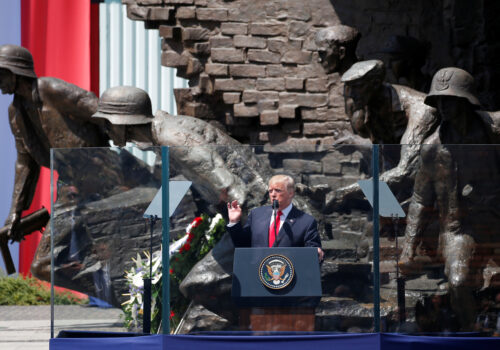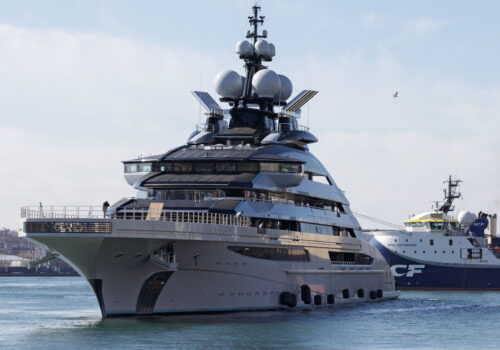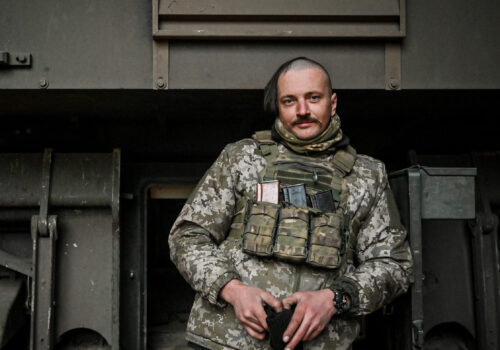The Ukrainian military has liberated Kherson, the only regional capital to be captured by Russia, and made moves east of the Dnipro River. In the east, heavy close-range fighting has devolved into trench warfare, with heavy losses on both the Ukrainian and Russian sides. The Russian military is fortifying its positions north of Crimea and continues to conduct massive airstrikes on civilian electricity infrastructure. Kyiv senses an opportunity for another counteroffensive and has asked the West for the tools it needs to push Russian forces back and protect the Ukrainian electricity grid. Washington seems to be responding to Moscow’s strikes on infrastructure, as the media is reporting a Biden administration decision to send Patriot air defense systems to Ukraine.
How can Ukraine maintain momentum after Kherson and prevent a winter stalemate in the south and east? How much can the war change in 2023?
Ambassador John Herbst, senior director of the Atlantic Council’s Eurasia Center, moderates a conversation featuring Melinda Haring, deputy director of the Eurasia Center, Lieutenant General (Ret.) Ben Hodges, senior advisor at Human Rights First, Ivanna Klympush-Tsintsadze, chair of the Verkhovna Rada Committee on Ukraine’s Integration into the European Union, and Andriy Zagorodnyuk, distinguished fellow at the Eurasia Center and former minister of defense of Ukraine.
This event will not feature an in-person audience. You will be able to join via desktop or mobile app, through your web browser, or by phone. To join the question and answer period, you must join by app or web.
Register below for details on joining the virtual audience.
Follow us on social media
and support our work
issue spotlight

Europe in crisis
War in Ukraine
Experts from across the Atlantic Council are assessing the consequences of Russia’s February 2022 invasion, including what it means for Ukraine’s sovereignty, Europe’s security, and the United States’ leadership.

The Eurasia Center’s mission is to promote policies that strengthen stability, democratic values, and prosperity in Eurasia, from Eastern Europe in the West to the Caucasus, Russia, and Central Asia in the East.


